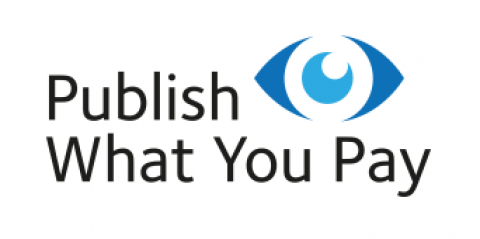
The following article was published in the September-October 2015 NewsNotes.
On September 2, a federal district court judge ruled in favor of Oxfam America, Earth Rights International, and a team of pro-bono lawyers who sued the Securities and Exchange Commission (SEC) for dragging its feet on implementation of a critical piece of the 2010 Dodd-Frank financial reforms.
The intent of Section 1504 of Dodd-Frank, the “Publish What You Pay” law, was to limit corruption in countries that suffer from the “resource curse,” meaning they have an abundance of mineral and other natural resource wealth but also dramatic economic inequality and high rates of poverty. Profits from those countries’ natural resources – which ideally would provide social services, healthcare, and education for their economically marginalized residents – often end up in the pockets of corporate or government officials, while other funds end up funding local and regional conflicts.
According to Oxfam, “Section 1504 requires oil, gas, and mining companies – including U.S., European, Canadian, Chinese and Brazilian companies publicly traded in the U.S. – to disclose the payments they make to governments for the extraction of natural resources. … [Congress required] the SEC to issue a final rule [on implementation of Section 1504] by April 17, 2011. When the SEC did issue a rule in 2012, the oil industry – led by the American Petroleum Institute and backed by companies such as Exxon, Chevron, BP and Shell – sued to overturn and the Court sent the rule back to the SEC on narrow procedural grounds. [In 2014], Oxfam America sued the SEC … to force [it] to finish the rule. Citizens, investors and even some in industry have called for the long-awaited regulations to be finalized in a timely manner.”
The groundbreaking Section 1504 ruling has spurred similar laws in other jurisdictions, including the European Union, Canada and Norway, which now require public, company-by-company disclosure for each oil, gas and mining project. Many U.S. companies must also comply with the rules in these countries.
The Maryknoll Office for Global Concerns follows this issue as a member of the Publish What You Pay Coalition, a network of faith, development, environmental, investor, and transparency organizations, which advocates for more financial openness in the oil, gas and mining sectors.
